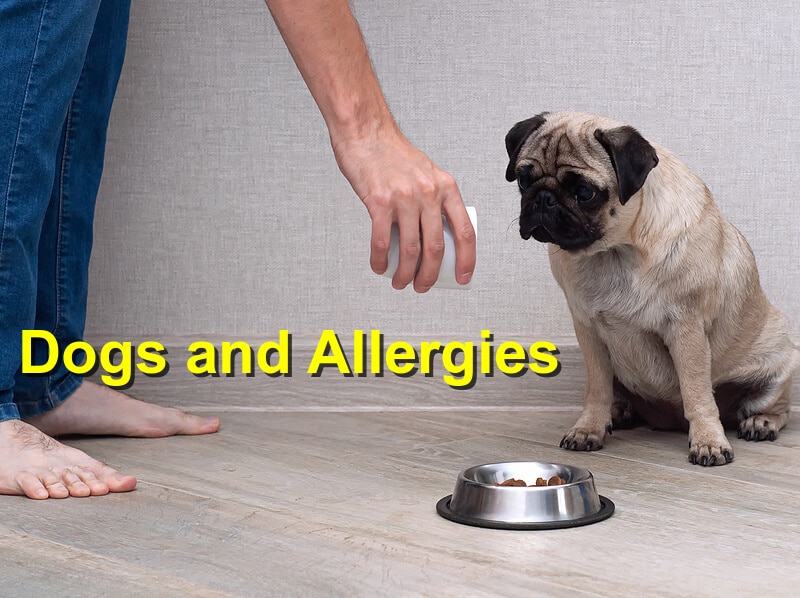What To Know About Dogs And Allergies
Often, pet owners are unable to diagnose a particular disease that has affected their dog. But if your dog gets regular healthcare treatment, then maybe your dog has an allergy. So, find ways on how to treat the allergy.
Sometimes, you see your dog itching or scratching excessively, showing discomfort and you are confused on what to do. Read on to learn more about food allergies in our furry friends.
What causes food allergies in canines
Most people often mistake allergies for intolerance but that’s far from the truth. Intolerance and food allergies are entirely different conditions. Food intolerance is caused by poor digestion or lactose intolerance. Meanwhile, food allergies occur and the invading protein attacks the immune system. And protein is commonly found in pet diets.
How food allergies come about
The dog’s gastrointestinal system comprises the mouth, intestine, stomach, and esophagus that protect your animal against harmful allergens. Unfortunately, the dog’s immune system is located inside the gastrointestinal tract.
So, food first gets digested in the dog’s stomach. As this happens, stomach acid is released and mixes evenly with the food. Then, after combining with all the essential enzymes, protein structures are broken down to small parts. But food that’s not digested proceeds to the small intestine where it is fully digested into amino acids.
Amino acids are absorbed in the body through enterocytes. These vital enterocytes usually act as receptionists and door guards; some absorb amino acids and others reject them. If the protein isn’t fully disintegrated and is absorbed into the intestine, then your dog will have a negative immune reaction known as an allergy.
Why you should visit a vet to treat food allergies in dogs
The best way to treat food allergies in canines is to consult a vet. Pet owners are always advised to seek the advice of a veterinarian. After all, it’s difficult to diagnose the problem until a vet has performed an examination on your dog. The vet can recommend the most suitable treatment for dogs with allergies.
Common signs of food allergies in dogs
Some of the common symptoms of food allergies in dogs include sneezing, vomiting, loss of hair, oily skin, scaly skin, difficulty breathing, diarrhea, ear infections, and difficulty breathing just to mention a few.
Conclusion
If you suspect your dog has food allergy, you should visit the vet to remedy the condition. Early treatment can prevent the condition from worsening.
References: Pet Emergency Education, Pets.Webmd, AKC





